Hello, wonderful readers! 🌸
We’ve hit a milestone—100 amazing subscribers! Thank you so much for being part of this growing little community.
Your support, enthusiasm, and dedication to improving your Japanese with me are a huge motivation to keep creating content that helps you break through plateaus and speak fluently with confidence.
To celebrate, I’m sharing 10 happy Japanese expressions that you can start using today to sound more natural, colourful, and joyful in your conversations!
Let’s dive in!
嬉しすぎる(うれしすぎる)
Too happy / So happy I can’t stand it
欲しかった靴を買ってもらって、嬉しすぎて泣きそう!
He bought me the shoes I’d been wanting—I’m over the moon and nearly in tears!
推しのライブに当たって、嬉しすぎる!
I won the ticket to my favourite idol’s concert—I’m beyond happy!
Cultural Note: This is a casual and emotional way to express intense happiness. The suffix 〜すぎる is commonly used in conversational Japanese to exaggerate emotions.
最高に嬉しい(さいこうにうれしい)
Incredibly happy / Extremely happy
久しぶりに会えて最高に嬉しいよ!
I’m so incredibly happy to see you after such a long time!
夢が叶って最高に嬉しい気持ちです。
I feel extremely happy that my dream came true.
Cultural Note: “最高に” adds emphasis and is often used in both spoken and written Japanese. It’s a slightly more formal or expressive way to say you’re happy and often appears in interviews or public speeches.
感謝しかない(かんしゃしかない)
I can’t feel anything but gratitude
皆さんの応援に感謝しかないです。
I’m filled with nothing but gratitude for everyone’s support.
今日まで支えてくれた家族に感謝しかありません。
I have only gratitude for my family who supported me until today.
Cultural Note: This is often used in heartfelt speeches or social media thank-yous. The expression emphasises complete gratitude, often in emotional or humbling moments.
ありがたい
I’m grateful / I appreciate it deeply
お言葉、ありがたく頂戴します。(*Very formal)
I gratefully accept your kind words.
手伝ってもらって本当にありがたいです。
I truly appreciate your help.
Cultural Note: A slightly formal and humble way of expressing gratitude. Often used in business contexts or by older generations. It conveys not just thanks but also deep respect.
ニヤニヤが止まらない(にやにやがとまらない)
I can’t stop grinning
好きな人からLINEが来て、ニヤニヤが止まらない!
I got a LINE message from my crush—I can’t stop grinning!
どうしたの、なにニヤニヤしてるの?
What’s up? Why are you grinning like that?
Cultural Note: Used casually to express hidden or overwhelming happiness, often romantic or fan-related. It’s a classic expression of Japanese indirectness—smiling to yourself without showing it too much outwardly.
光栄です(こうえいです)
I am honoured
このような賞をいただけて光栄です。
I’m honoured to receive this award.
お会いできて光栄です。
It’s an honour to meet you.
Cultural Note: Used in formal contexts, especially in business or ceremonies. It expresses humility and deep respect, reflecting Japan’s value on modesty and hierarchy.
感無量(かんむりょう)
Deeply moved / Overwhelmed with emotion
長年の努力が報われて、感無量です。
I’m overwhelmed with emotion that my years of hard work have paid off.
初めて自分の書いた本が出版されて、感無量です。
My first book has just been published, and I’m absolutely overwhelmed with emotion.
Cultural Note: Often seen in formal speeches, especially retirement ceremonies, sports interviews, or awards. It’s a poetic way of saying you’re so emotionally moved that you can’t express it in words.
〜のおかげ
Thanks to ~ / Because of ~ (in a positive way)
先生のおかげで試験に合格できました。
Thanks to my teacher, I passed the exam.
友達のおかげで元気が出ました。
Thanks to my friends, I felt better.
Cultural Note: This phrase shows humility—Japanese people often attribute their success to others rather than taking full credit themselves. It’s a polite and appreciated way of acknowledging help.
感激(かんげき)
Deeply touched / Moved emotionally
あたたかいメッセージに感激しました。
I was deeply touched by your warm message.
100人も私のニュースレターに登録してくれて、感激です!
I’m so touched that 100 people have signed up for my newsletter—thank you so much!
Cultural Note: Similar to 感無量 but slightly less formal, often used when someone is emotionally touched by kindness or unexpected support.
ジーンとくる
It hits me emotionally / I’m choked up
あの映画のラストシーン、ジーンときた。
That final scene in the movie really got me.
息子からの手紙を読んでジーンときました。
Reading the letter from my son made me emotional.
Cultural Note: Onomatopoeic and expressive, this phrase is common in everyday conversation when something hits you in a soft, emotional way—not dramatic, but tender.
Thank you so much again for helping me reach 100 subscribers! 🎉
Your support means the world to me and fuels my passion to keep creating content that helps you break through that language learning plateau.
I hope these 10 happy Japanese idioms bring a smile to your face and a boost to your Japanese fluency today.
Keep practising, stay curious, and remember—every step you take gets you closer to speaking like a confident native!
If you enjoyed this newsletter, feel free to share it with your friends who are also on their Japanese journey.
And as always, I would love to hear which idiom is your favourite or how you use them in conversation—just hit reply and let me know!




コメント